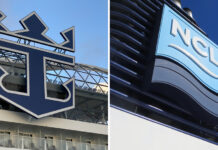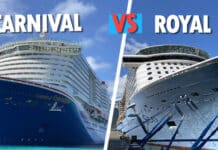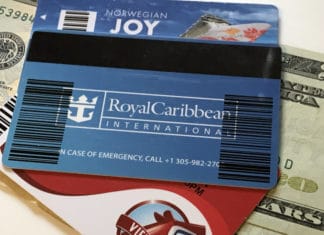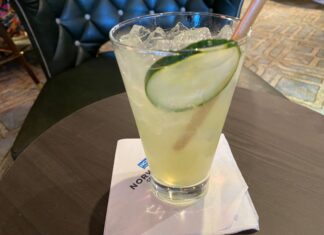Royal Caribbean Group — the parent company of Royal Caribbean, Celebrity and other cruise lines — provided a business update to investors this morning, giving insight to its recent operations as it begins sailing in the United States once again.
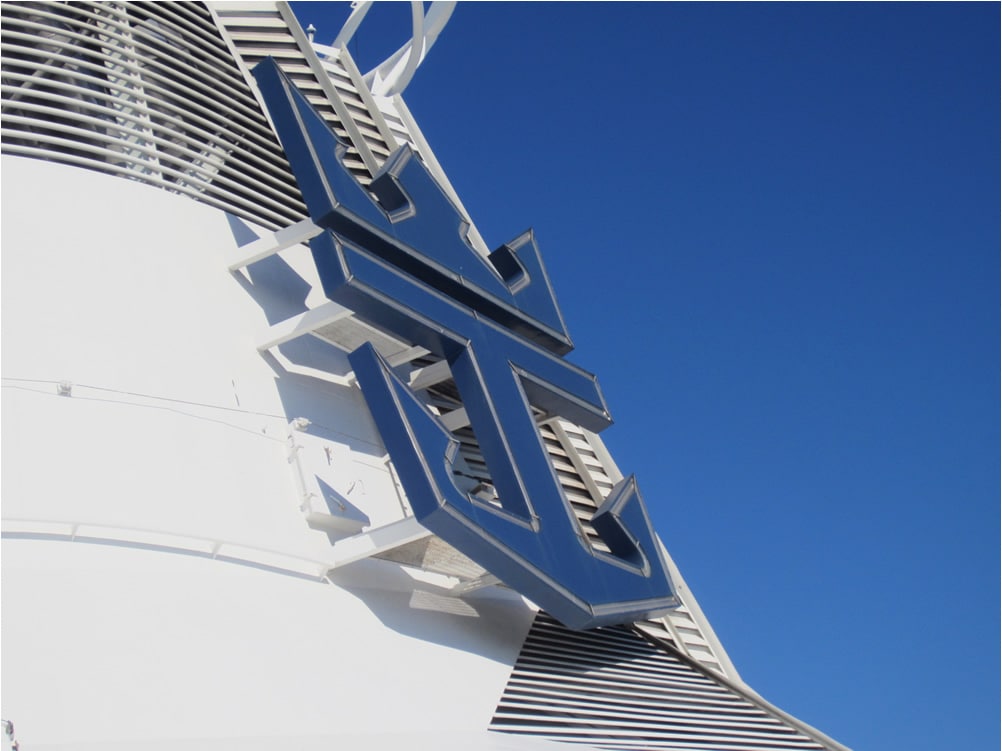
Notably, the company’s CEO Richard Fain expressed optimism that while the Delta variant is causing some issues, his company is poised to keep passengers healthy. Fain went so far to describe the variant as “manageable” given protocols.
“Now, the Delta variant is problematic for everyone, but even this looks manageable by our extensive protocols. It’s too early to draw definitive conclusions, but the vaccines are the ultimate weapon, and they work,” Fain said during the call.
Royal Caribbean Group — like many other cruise companies and the CDC — has emphasized the importance of vaccines in getting back to sailing safely. Most cruises from the company require the shot for the vast majority of those on the ship. However, there are some who can sail without being vaccinated.
“We require 100% of the crew to be fully vaccinated. And we require the bulk of our guests to be fully vaccinated as well,” Fain said. “The only exceptions are children under 12, and in Florida, a minor number of people who choose not to get vaccinated. Excluding Singapore, which is a special case, an average of 92% of the people onboard our ships in July were fully vaccinated, and this number is likely to rise going forward.”
While it wasn’t made clear if the 92% average figure applies to passengers only or everyone on the ship, it is below the threshold to be considered a “fully vaccinated” cruise by the CDC. That threshold is 95% of passengers and 98% of crew. At that level, rules surrounding masking and distancing are relaxed by the CDC.
Despite that, the high vaccination rate (for comparison, just 49.7% of Americans are fully vaccinated) is benefitting the safe return of cruising so far. There have certainly been cases on cruise ships, but the spread appears minimal.
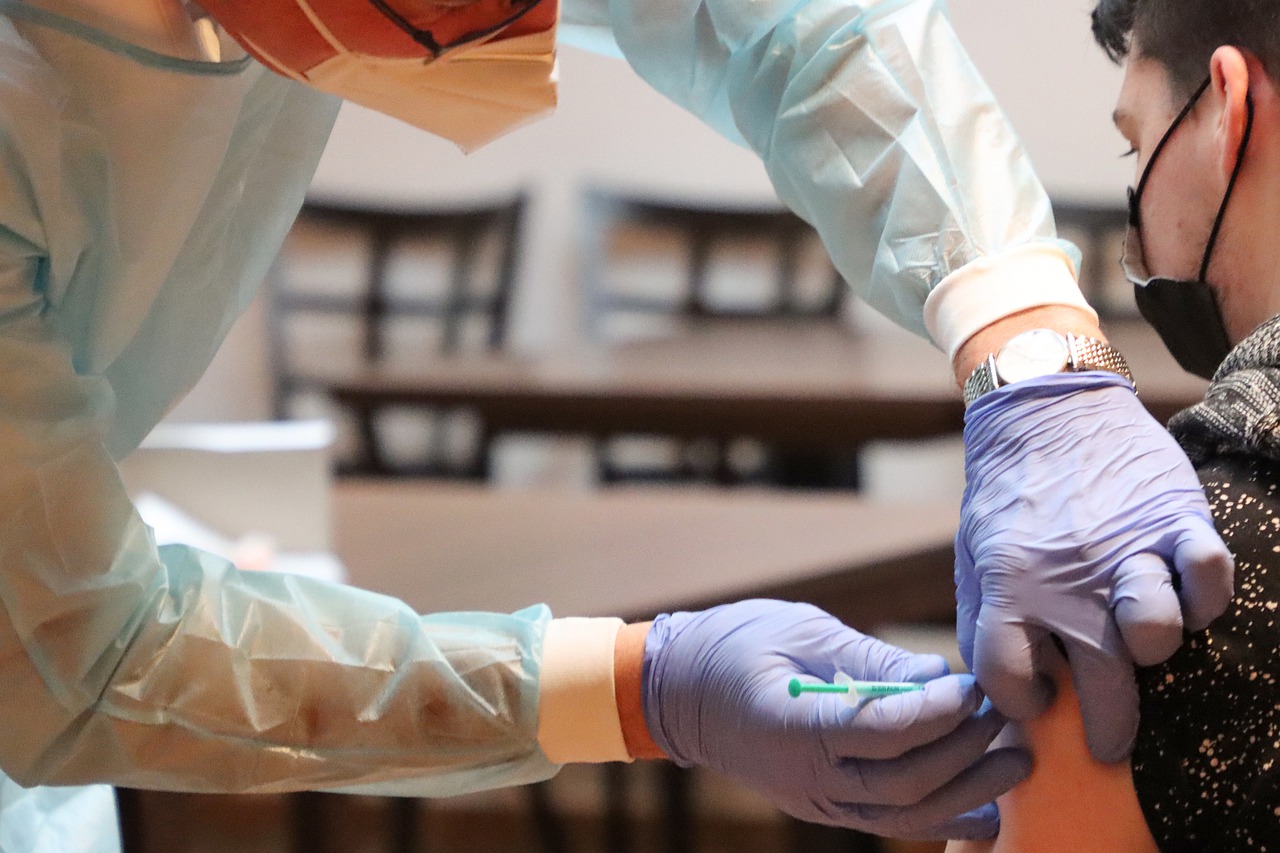
Most recently, Royal Caribbean said that six passengers on a cruise from Nassau tested positive for COVID, including four who were vaccinated. Of the six, five were asymptomatic. One person had mild symptoms. The positive passengers and their traveling parties were provided transportation home, and the cruise continued.
“The idea is to limit the spread of COVID-19 aboard our ships. We all know it’s impossible to eliminate cases onboard a ship totally, just as it is impossible to eliminate cases on land. But the steps we are taking are designed to prevent the isolated cases from becoming an outbreak. And it seems to be working,” Fain said.
“Our experience shows that while there are breakthrough cases aboard, the vaccines help keep them contained. In fact — and I thought this was quite unusual – in most of our positive cases, even the cabin mate of the infected individual has tested negative.”
Interestingly, the company said that it is seeing some impact of the rise of Delta cases on short-term demand for its cruises. Long-term demand continues to be strong.
“I think over the last two weeks the positive environment continues but it hasn’t been at such a trajectory as it was. But it’s really short term. When you look into ’22, we see no material impact at all on the increase in bookings. I think customers see this for what it is. It’s a blip and a bump,” said Michael Bayley, the CEO of Royal Caribbean International — the company’s namesake cruise line.
“If you have a highly vaccinated population, there’s minimal impact. I think increasingly as our ships sail, as we encounter this, we communicate. We’re very transparent. The feedback we get from our customers is recognition and relief that this is very contained and something that’s going to pass.”

